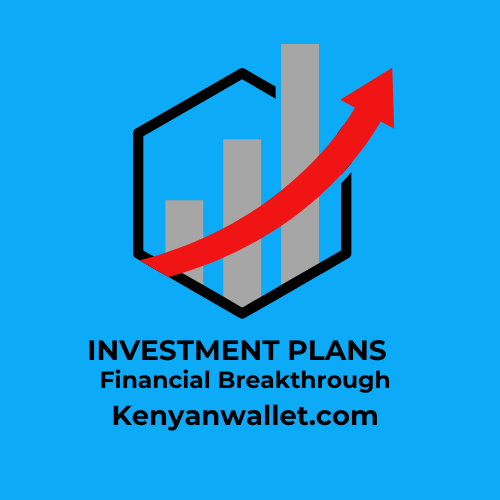It is essential for business people and all people to know about a budget is a financial plan that outlines expected income and expenses over a specific period, such as a month, quarter, or year. It helps individuals, businesses, and governments manage their finances by providing a framework for tracking revenue, controlling spending, and allocating resources effectively.
Key Components of a Budget:
- Income:
- Sources: Includes all expected sources of money, such as salaries, wages, business revenue, interest, dividends, and other earnings.
- Estimation: Accurate forecasting of income is crucial for creating a realistic budget.
- Expenses:
- Fixed Expenses: Regular, recurring costs that do not change much over time, such as rent, mortgage payments, insurance premiums, and loan payments.
- Variable Expenses: Costs that can fluctuate, such as groceries, utilities, entertainment, and transportation.
- Discretionary Expenses: Non-essential spending, such as dining out, vacations, and luxury items.
- Savings and Investments:
- Emergency Fund: Money set aside for unexpected expenses or financial emergencies.
- Short-Term and Long-Term Savings: Goals like saving for a vacation, a down payment on a house, or retirement.
- Debt Management:
- Debt Payments: Planning for the repayment of any outstanding loans or credit card balances to reduce overall debt.
Purpose and Benefits:
- Financial Control: A budget helps you control your spending, ensuring you do not spend more than you earn.
- Goal Setting: Allows you to set and work towards financial goals, such as saving for a major purchase or paying off debt.
- Expense Tracking: Helps you track where your money is going, identify areas where you can cut back, and make informed financial decisions.
- Preparedness: Prepares you for unexpected expenses by encouraging the creation of an emergency fund.
- Peace of Mind: Provides a sense of financial security and reduces stress by giving you a clear picture of your financial situation.
Types of Budgets:
- Personal Budget: Managed by individuals or households to track personal income and expenses.
- Business Budget: Created by businesses to plan for revenues, expenses, and profits, ensuring the business remains financially healthy.
- Government Budget: Prepared by governments to outline expected revenues (taxes, fees) and planned expenditures on public services and infrastructure.
By regularly reviewing and adjusting your budget, you can maintain financial stability and achieve your financial goals more effectively.



